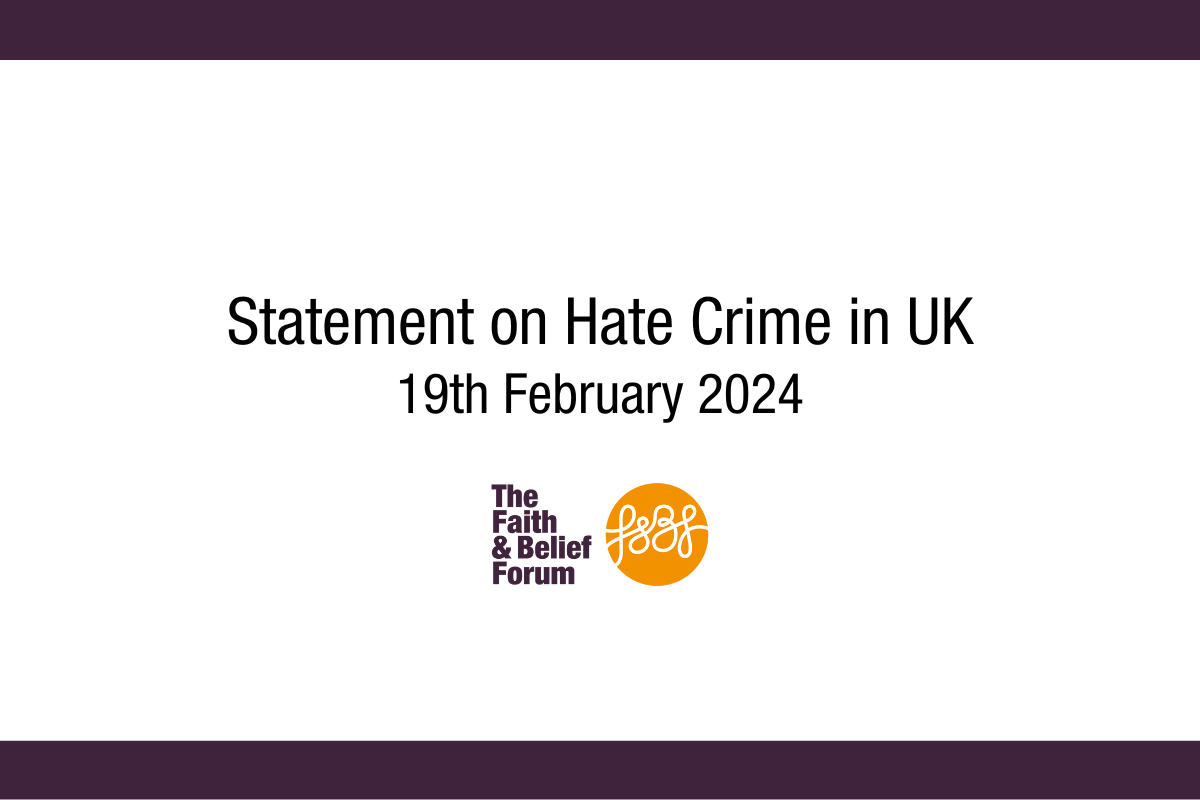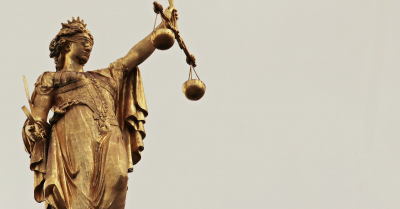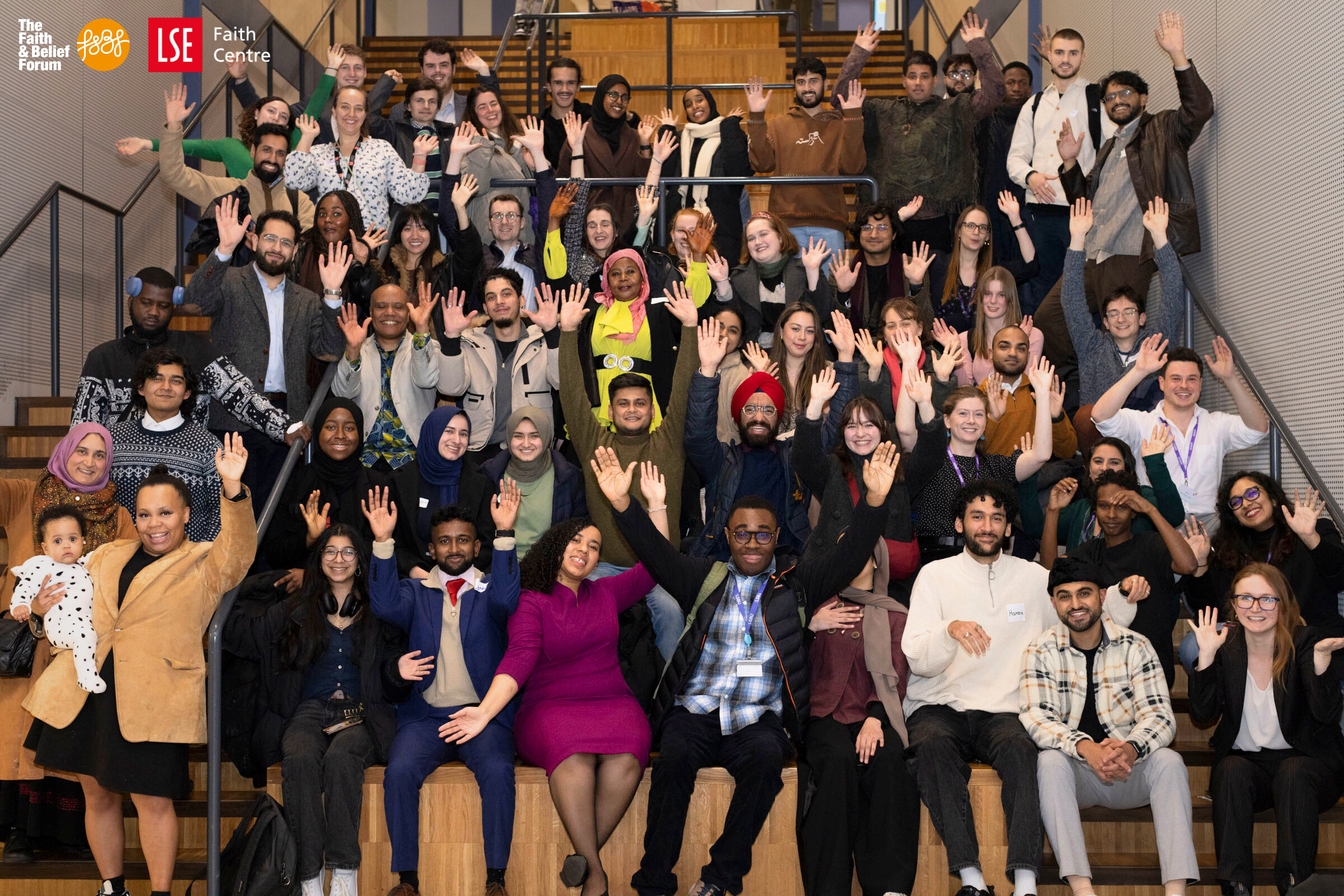
Statement on Hate Crime in UK – 19th February 2024
19 / 02 / 24
Menu

25 / 02 / 22

By Phil Champain, Director of the Faith & Belief Forum
There are plenty of positives in the Levelling Up White Paper. The analysis of the issues is impressive. The commitment to devolution suggests a realisation that it’s best to work inclusively with those who are the focus of the strategy rather than to do things to them. The need to strengthen institutional capital (local leadership, capacity, and capability) opens up the possibility of thinking through what norms and rules within economic, political and social spheres can best support just and equitable development. And perhaps most significantly, social capital (the strength of communities, relationships, and trust) is listed as one of the six kinds of capital needed for effective levelling up.
Of course, these are currently words on the page rather than practical action. The devil will be in the detail and the paper is stronger on its analysis of the issues than on the policies needed to tackle them. A focus on geography is understandable given the disparities between North and South and the paper’s assertion that ‘the UK has larger geographical differences than many other developed countries on multiple measures.’ However, there are local complexities at play, and it is important to ensure that a regional approach does not pull against an understanding of the local dynamics of inequity and the potential for levelling up strategies to miss out on minority groups and the most excluded.
It is here that interfaith approaches can be beneficial. It is somewhat surprising that the opportunity highlighted in the September 2020 Kruger Report, for strengthening relations between faith groups and local government are not pulled through into the White Paper. Nevertheless, whilst the role of individual faith groups is important to levelling up strategies (we have seen their social impact during the pandemic), it is interfaith approaches that promise to build the diverse, local relationships needed for social and institutional capital building. It is these interfaith relationships which are so important for minority faith groups in particular. As our society becomes more ethnically and religiously diverse, and with 44% of us having no contact (in our wider social network) with anyone from a different ethnic background, separation and misinformation can block inclusive social and economic development.
Sunday 20th February was the World Day of Social Justice – an issue of direct relevance to both the Levelling Up White Paper and also to F&BF’s own levelling up agenda. Our interfaith methodology and focus on the exclusion of minority faith communities is central to social justice. The theme of this year’s World Day of Social Justice is ‘Achieving Social Justice through Formal Employment’. Many from faith minorities continue to suffer exclusion and discrimination, with the intersection between faith and race often leading to ‘double othering.’ Nearly half of the Muslim population (46%) live in the 10% of the most deprived local authority districts for example. This has implications for access to resources, school attainment, progression to higher education and the availability of jobs, including those at postgraduate or managerial levels. These inequalities vary by region, with the Midlands experiencing the largest margin of inequality and the South the smallest.
So, at F&BF we also need to be conscious of geography. It is vital for our own work that we engage authentically with those in the Midlands and the North as well as in the South. Over the past five years we have recruited staff from the Midlands, based in the Midlands, and have nurtured partnerships with locally based organisations. This has ensured our work is informed by a deep understanding of the context there and is effective in contributing to the building of social capital (for example – Walsall Community Dialogue Project: Showcase). We are now repeating the process in the North, building on our current partnerships with the Universities of Manchester and Liverpool and the commitment of the Greater Manchester Combined Authority to our Charter for Faith & Belief Inclusion.
The Levelling Up White Paper presents an opportunity to address inequality and progress social justice. To do so, it is important to give sufficient weight to the strengthening of institutional and social capital highlighted in the paper. Interfaith approaches will be important in ensuring that inclusive networks are built and harnessed to create opportunities for all. To level up, we must understand and build relationships across difference, wherever we are.

19 / 02 / 24

16 / 02 / 24

16 / 02 / 24